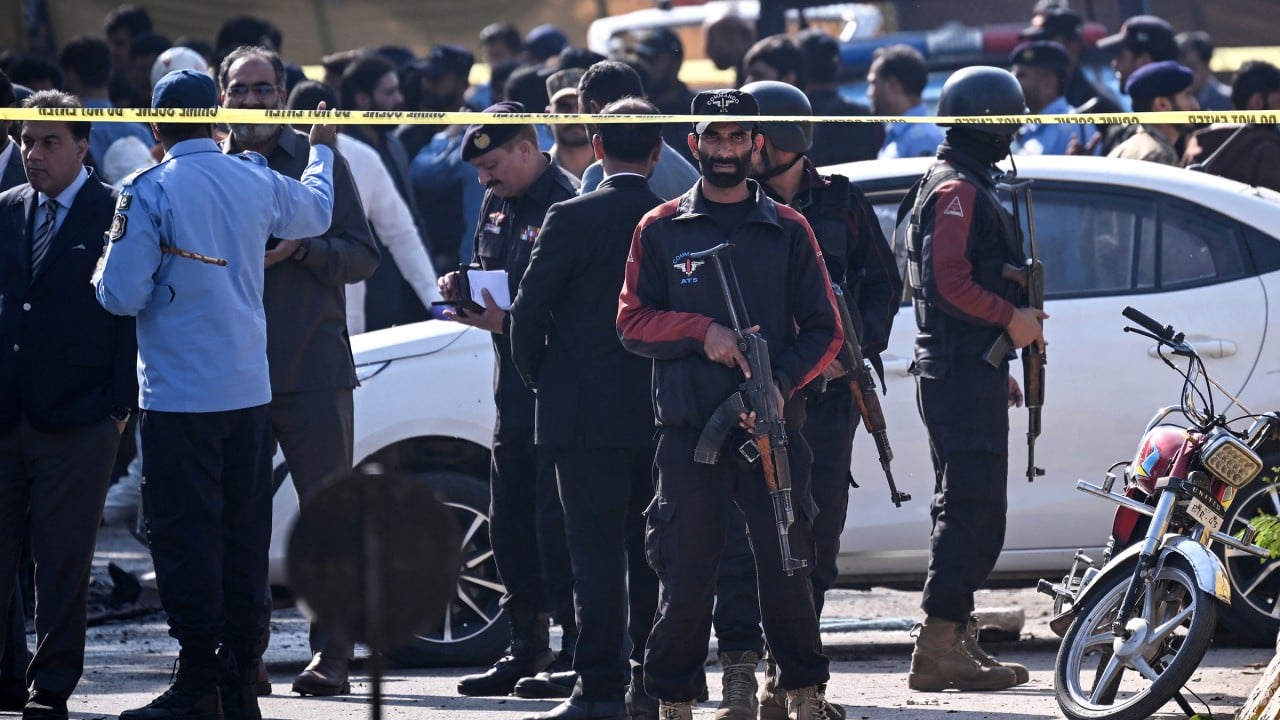Tensions are again mounting in South Asia after suspected terrorist attacks in Pakistan and India triggered a furious exchange of accusations, including claims of proxy warfare conducted through Afghanistan.
Advertisement
Analysts are cautiously optimistic that renewed conflict can be averted, following deadly clashes between Pakistan and India in May and skirmishes between Pakistani forces and the Afghan Taliban in October. The hope is that restraint and international diplomatic pressure may yet stave off escalation.
But the hardline stances of Islamabad, Kabul and New Delhi leave little room for optimism.
Farwa Aamer, director of South Asia initiatives at the Asia Society Policy Institute in New York, described the regional security environment as dangerously unstable.
“On one hand, you have cross-border conflicts and fragile ceasefires, and on the other, there is a wave of terror attacks and militant insurgencies, which are all contributing to the growing insecurity that we are witnessing,” she told This Week in Asia.
Advertisement
Addressing parliament on Wednesday, a day after a suicide bombing at a court in Islamabad killed 12 people – the first such attack in Pakistan’s capital since 2022 – Prime Minister Shehbaz Sharif accused both Kabul and Delhi of working with Tehreek-i-Taliban Pakistan (TTP) militants. His remarks also followed a foiled assault at a cadet college near the Afghan border.
“To these terrorist elements and enemies of Pakistan … we are fully aware of your actions,” Sharif said. “We have given you a befitting response before and will do so again.”

